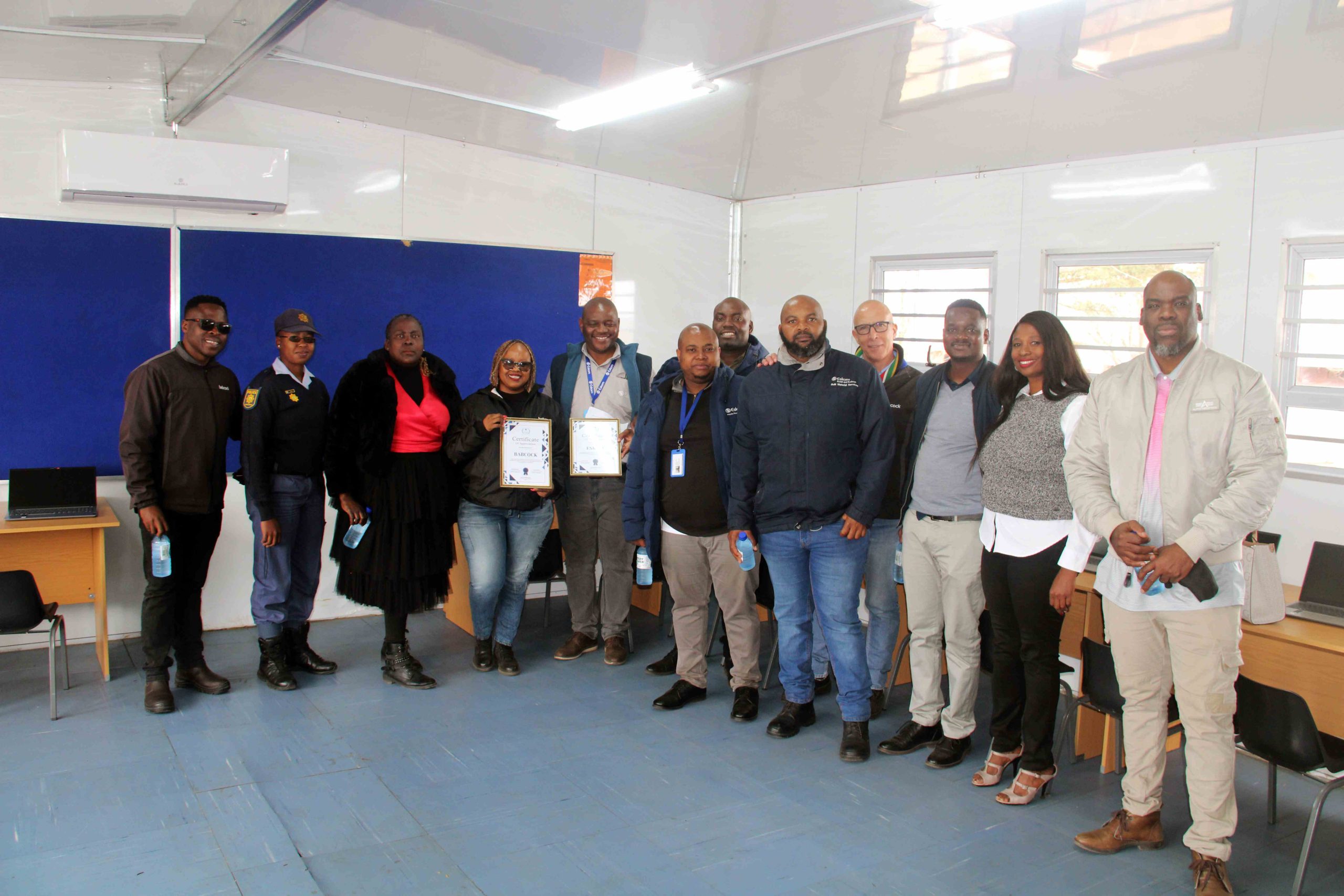Community upliftment is at the heart of any major project in South Africa. Corporations have a duty to contribute to the communities in which they operate, through areas such as employment opportunities, training and education. Babcock understands that engagement with and involvement of local people on any project is critical to contribute to a community’s economic and social needs.
As part of its work on power plant mill maintenance, Babcock not only delivers technical services but also prioritises community upliftment. This includes providing on-site training to upskill local residents and contributing to social development initiatives. Recently, Babcock supported a local primary school by equipping its computer lab with essential tools such as new laptops, tables, and chairs, empowering students in underprivileged communities with access to better educational resources.
De Wet Reyneke, project manager at Babcock, says that local businesses worked together to build the computer laboratory for the primary school. The brand-new computer laboratory, with workstations for 30 learners, was handed over to the principal of the school, Nthabiseng Khanyi, on 16 October 2024.
“We chose to support this project because it directly aligns with Babcock’s commitment to social development and advancing education in underprivileged communities. Providing a school computer laboratory empowers students with essential digital skills, which are increasingly critical in today’s world,” says Reyneke, reflecting Babcock’s broader ESG goals of fostering community upliftment and long-term, sustainable impact.
Khanyi says that learners are very excited about the computer room and have already started with theory and the basics of computer literacy.
“We are so grateful for Babcock’s involvement. This computer laboratory is going to add value to our school and empower our students to be computer literate. They will be able to learn about digital technologies and do online research for their projects and assignments,” says Khanyi.
“Our learners come from a disadvantaged community with only one library that has outdated information, so now they will be able to find useful information quickly.
“While most of our educators are computer literate, we plan to apply to the Department of Education to appoint a qualified computer science educator so that we can offer computer science as a formal subject,” she adds.
“Babcock is honoured to play a role in opening the door to a world of information for these learners,” says Reyneke.






